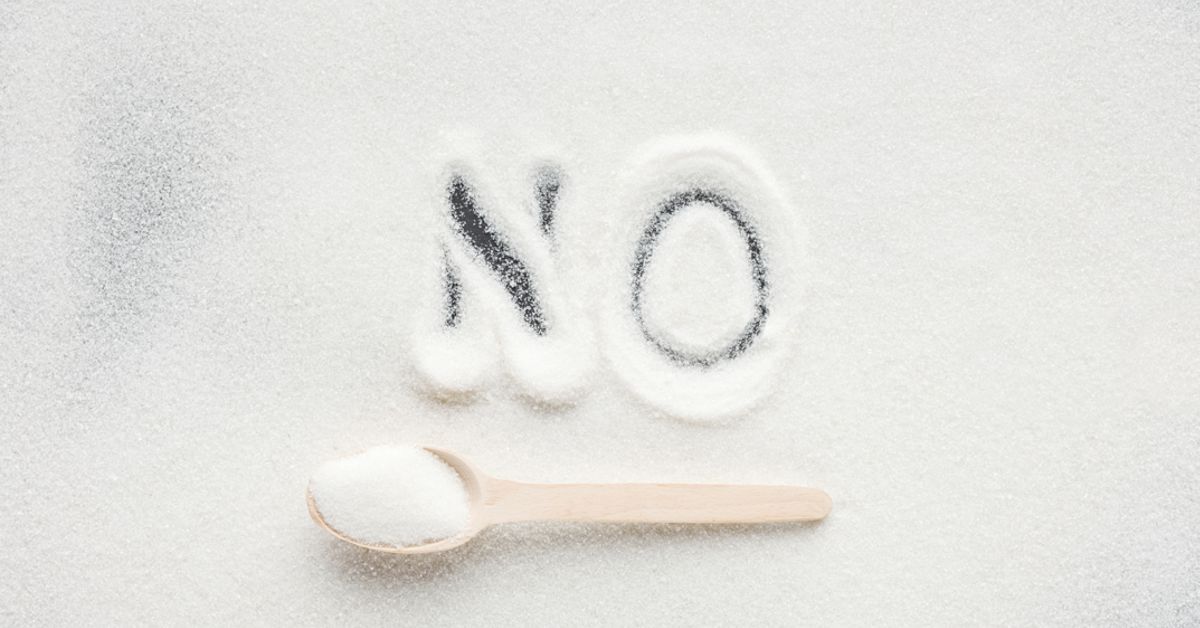A no-sugar diet was a hot topic of discussion several years ago and continues to pop up on social media.
There are posts about going this type of diet and what it entails, which is not new.
It's understandable to be curious about what the no-sugar diet entails, because it is not something that everyone has tried before.
It seems obvious, but how does a diet with no sugar work? Can you not consume any sugars on a diet?
Does the sweet need to be removed or is the fruit okay? There are food experts that break down the basics of nutrition.
Before embarking on such a dietary regimen, it's crucial to consult with a nutritionist expert.
This ensures that your health and nutritional needs are prioritized, as abrupt dietary changes can impact your well-being significantly.
What is a no-sugar diet?
One of the most popular diet trends in recent years is the no-sugar diet.
Despite its popularity, there is not a universally agreed upon definition for what constitutes this diet.
According to some sources, it could mean avoiding all forms of sugar, but other sources may have a more strict interpretation that does not allow for any sweeteners.
The most common change that people make after starting on a low-sugar diet is to reduce the amount of added sugar.
This can be hard to do since it's added to so many processed foods.
Added sugars are naturally occurring in some foods, but they are often added during processing or the cooking process.
Are there benefits to the no-sugar diet?
You may ask yourself why so many people are engaging in this particular activity.
There are many different reasons, but one of the most popular is that glucose is shown to cause an inflammatory response in the body.
Inflammation is also a root cause of a variety of health conditions, which can be avoided by cutting out sugar from your diet.
By cutting certain things from your diet, you could significantly reduce your risk of developing diseases that are known to be caused or aggravated by obesity, diabetes, and other deadly diseases.
These include heart disease, neurological ailments such as dementia, and a number of cancers.
Other people have found that they can lose weight by removing sugar from their diet.
While not everyone will experience weight loss when cutting out added sugars, it is common for people to lose weight when they limit some of the sweets in their diet.
A lot of processed and packaged foods that are highly palatable tend to contain added sugars and cutting those out will keep a person from taking in extra calories.
Are there drawbacks?
Depending on how extreme you want it to be, eliminating fruits and glucose from your diet can lead to a number of side-effects such as the inability to perform at your best.
This is because when the body lacks certain key nutrients such as those provided by fructose, glucose and more, it becomes unable to function properly.
It's often difficult for a person to follow the strict no-sugar diet.
While there are a variety of reasons why people might choose to not eat sugar, it can be difficult to follow a no-sugar diet because sugar has many health benefits that it provides and produces dopamine in the body.
Which food is restricted?
You can basically eat any whole food. Whole foods are an important part of a balanced diet and can be consumed in many different ways.
A major component to a healthy lifestyle is eating whole foods and making sure that the body is able to get all the essential nutrients that it needs.
When you first start looking at the food, make sure you look for products that do not contain any of the following:
- honey
- raw sugar
- turbinado sugar
- brown sugar
- corn sugar
- corn syrup
- sucrose
- sugar syrup
- fructose
- glucose
- high-fructose corn syrup
This diet is great because not only does it discourage added sugars, but it also doesn't restrict you from eating foods that are naturally high in sugar.
In fact, the diet encourages these types of foods to make sure that you get your natural sugar fix without falling into a rut.
Here is a sample of how one person spent their day with this no-added sugar diet:
Breakfast
A quick, easy, and healthy breakfast that you can make in just a few minutes is oatmeal topped with either cow's milk or a milk alternative such as almond milk.
A small banana and peanut butter would make it even tastier. You can also use natural peanut butter to add an extra layer of flavor.
Lunch
Rich in a variety of nutrients and minerals, this salad is a wonderful choice for those seeking to maintain a balanced diet.
The chicken and avocado are sources of protein that offer amino acids necessary for healthy functioning and the chickpeas provide healthy carbohydrates to keep your energy levels high throughout the day.
Meanwhile, the green vegetables are full of fiber that will help you feel fuller with less food and aid in digestion.
Is the no-sugar diet safe?
It can be safe if you focus on added sugars and not all sugar-laden foods.
Whole foods with all the forms of sugar in them is a way to maintain your energy levels, appease your taste buds, and meet your nutrition goals.
If your diet consists of a large amount of added sugar and you are now limiting these foods, it would be safe to do, but if you start to take this to extremes, it could definitely be harmful.
A restrictive diet can cause an emotional toll on its user that can affect their day to day living. Experts recommend aiming to cut down on your added sugar intake.

Leave A Comment